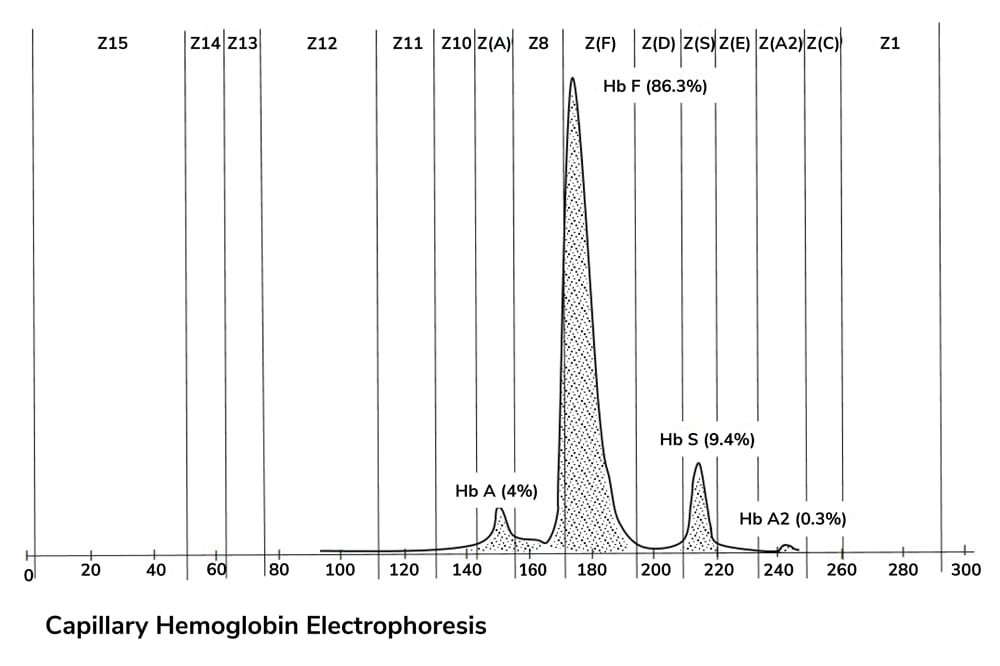Enzyme in the brain
Existing research has established a link between fungi and neurodegenerative diseases, such as Alzheimer’s. To understand more, researchers established the mechanisms behind how Candida albican enter the brain and contribute to Alzheimer’s pathogenesis. Specifically, enzymes that break down the blood-brain barrier “also break down the amyloid precursor protein into AB-like peptides,” (1).
Rock you like a hurricane
A spike in Vibrio spp. infections in Florida after 2022’s Hurricane Ian led researchers to analyze the state’s water for pathogenic bacteria. Samples taken from Lee County and placed through whole-genome sequencing and phylogenetic analysis revealed a number of Vibrio species, notably Vibrio parahaemolyticus and vulnificus – with more infections expected due to extreme storms caused by climate change (2).
 Credit: Ian 2022-09-28 1256Z by SSEC/CIMSS, University of Wisconsin–Madison
Credit: Ian 2022-09-28 1256Z by SSEC/CIMSS, University of Wisconsin–Madison
Good news gone bat
New bat research has revealed the evolutionary mechanisms behind the mammal’s immunity to infectious diseases and cancers. The study used long-read sequencing to model the genomes of A. jamaicensis and P. mesoamericanus, and then compared them with human and other bat species genomes, highlighting that bats host DNA-repairing and tumor-suppressor genes, while shedding genes that produce interferon-alpha (3).
The skinny on mpox
Researchers have established that 3D-printed organoid skin models can be used reliably to simulate the biological processes of mpox. Researchers found that some symptoms associated with the disease – such as rashes – are likely caused by activation of viral genes several days post-infection. The organoids showed positive results when treated with the antiviral tecovirimat (4).
Tick-ing time bomb
We must take the threat of tick-borne disease seriously, says a new paper in Science Translational Medicine. The authors call the risk a “ticking time bomb” in the US (5).
Funding understanding
Grants awarded by the National Institute of Allergies and Infectious Diseases will provide more than US$3.2 million to research on HIV affected by climate change and extreme weather (6).
Hospital AMR
A first-of-its-kind genomic mapping project of Klebsiella bacteria in Ghana has found antibiotic resistant pathogens isolated within hospitals, with poorer virulence outside these settings (7).
The kids are alright
Multiomic analyses have highlighted differences between SARS-CoV-2 response in adults and children – most notably that young people’s antibodies do not drop. Instead, levels maintain or continue to rise post-infection (8).
References
- H Warren, “Brain fungal infection produces Alzheimer’s disease-like changes,” Baylor College of Medicine (2023). Available at: https://bit.ly/3Qw748g
- KD Brumfield et al., “Genomic diversity of Vibrio spp. and metagenomic analysis of pathogens in Florida Gulf coastal waters following Hurricane Ian,” mBio, [Online ahead of print] (2023).
- A Scheben et al., “Long-Read Sequencing Reveals Rapid Evolution of Immunity- and Cancer-Related Genes in Bats,” Gen Bio Evol, 15, (2023). PMID: 37728212
- P Li et al., “Mpox virus infection and drug treatment modelled in human skin organoids,” Nat Microbiol (2023). PMID: 37828248
- S Narasimhan et al., “A ticking time bomb hidden in plain sight,” Sci Transl Med, 15, (2023). PMID: 37851823
- CUNY SPH, “Over $3.7 million in NIH grants will fund research on impacts of climate change on HIV-related health outcomes” (2023). Available at: https://bit.ly/3rZKaN1
- JK Calland et al., “Population structure and antimicrobial resistance among Klebsiella isolates sampled from human, animal, and environmental sources in Ghana: a cross-sectional genomic One Health study,” Microbe (2023). PMID: 37858320
- F Wimmers et al., “Multi-omics analysis of mucosal and systemic immunity to SARS-CoV-2 after birth,” Cell, 186 (2023). PMID: 37776858




